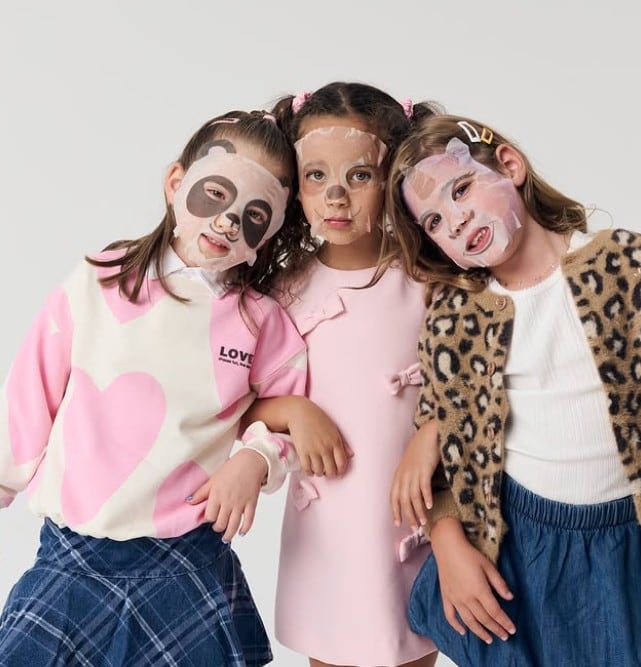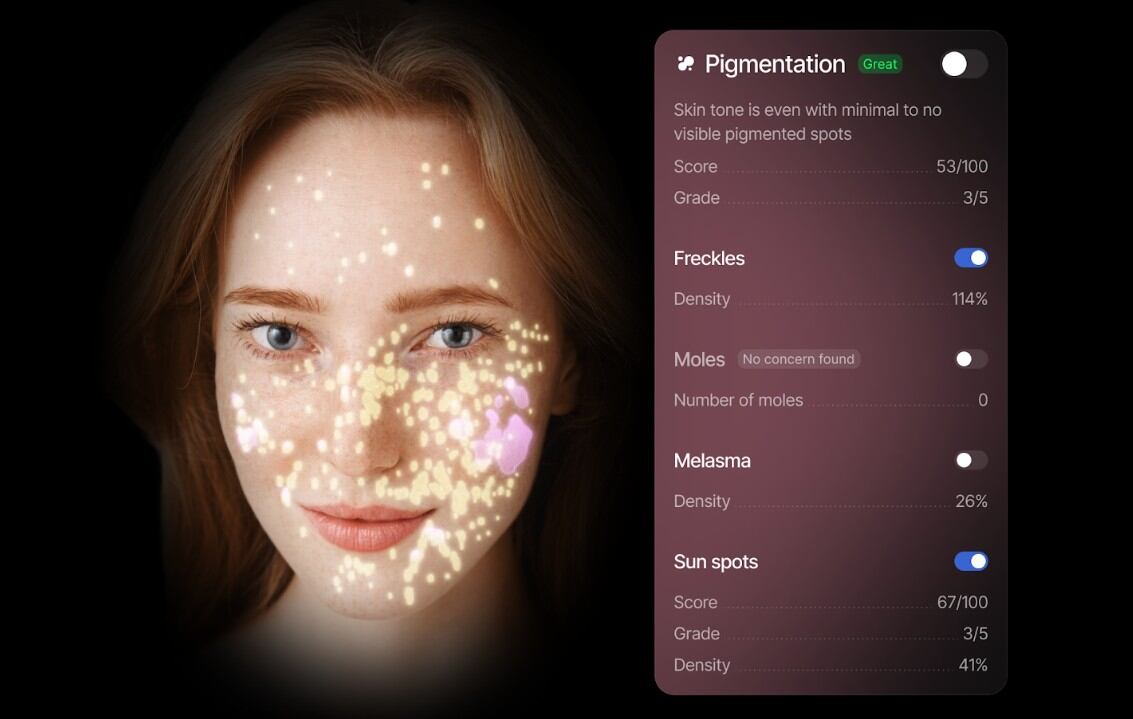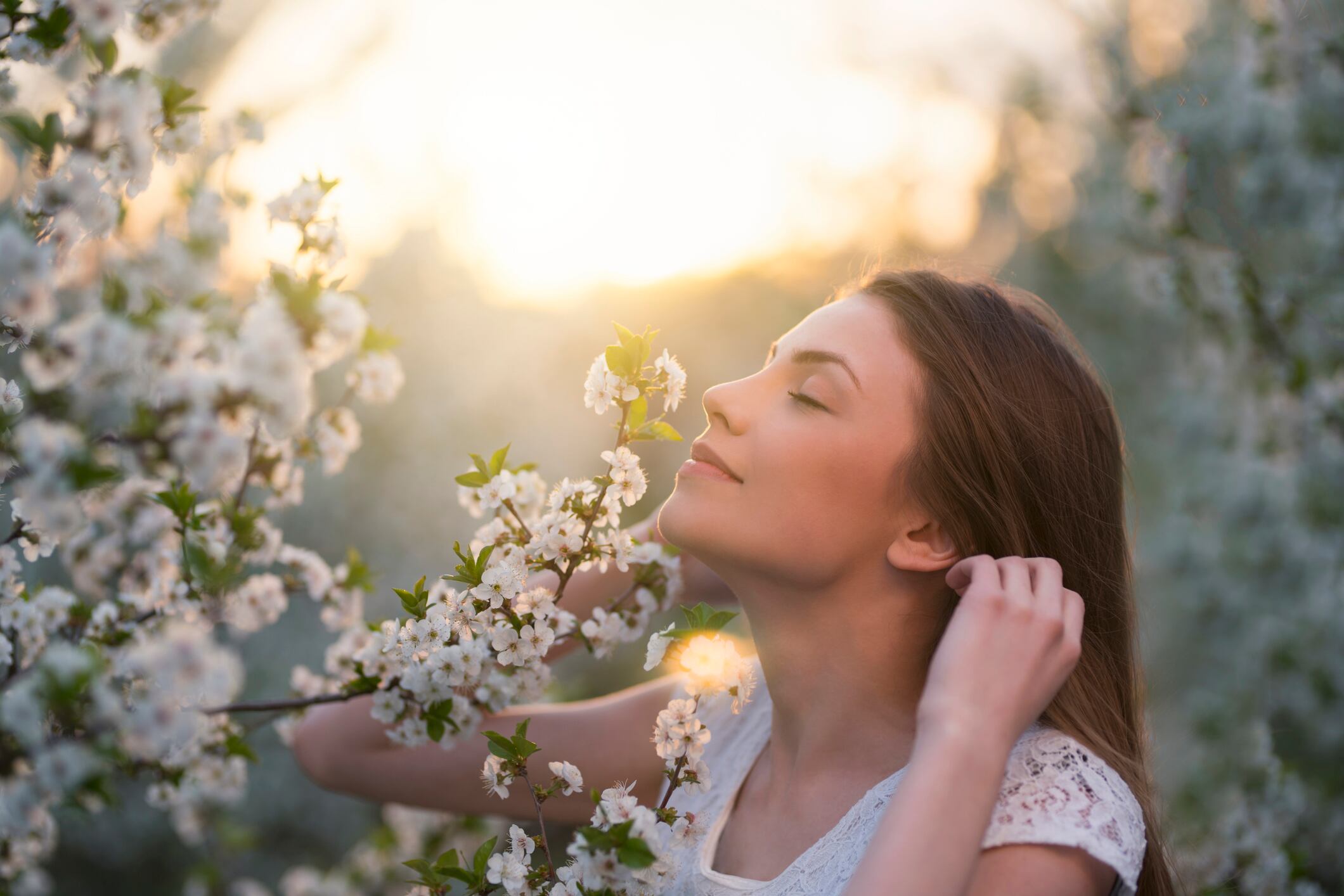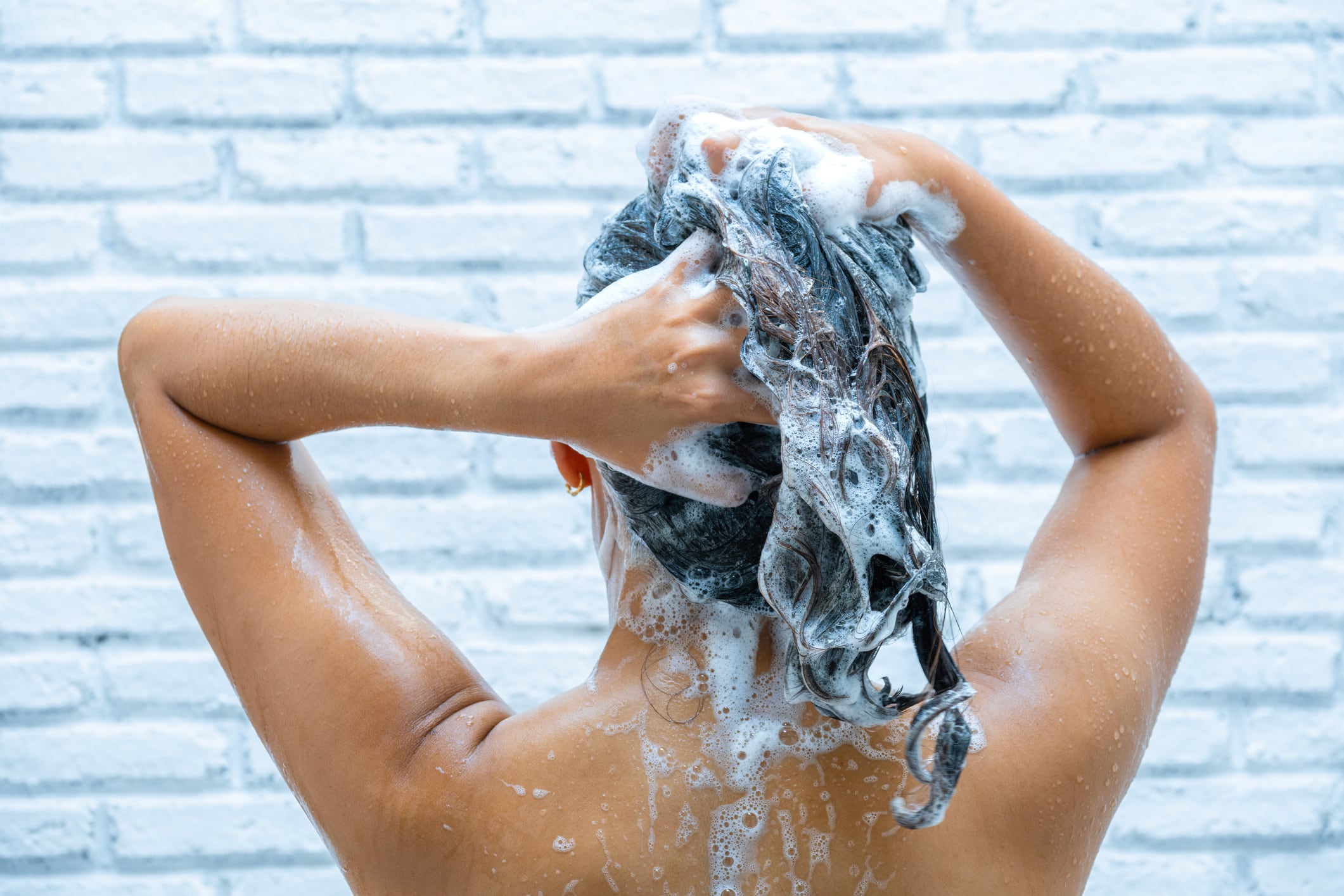Key takeaways
- Actress Shay Mitchell launched Rini, a K-Beauty-inspired skincare brand for children aged three and up.
- The range includes dermatologist-tested sheet masks and hydrogel masks made with natural-origin ingredients.
- The launch has sparked mixed reactions, with concerns about beauty standards for kids and support from parents seeking safer alternatives.
- Industry voices, including Kiehl’s, have weighed in on the debate over children’s skincare.
- Rini plans to expand its product line by summer 2026.
Last week, actress Shay Mitchell launched Rini, a K-Beauty-inspired brand for children that has since been the subject of considerable backlash.
Rini is a Korean word used to describe ‘children’ from around the age of two to early teens. The five-SKU range is inspired by Korean beauty and includes Everyday Facial Sheet Masks in panda, puppy and unicorn designs. These masks are 93.5% natural origin, made of 100% cotton sheets and feature a proprietary serum containing white tremella mushroom extract, vitamin E and beta-glucan.
For example, Rini’s After-Sun Hydrogel Facial Mask is made with 94.8% natural origin aloe vera and claims to soothe sunburn, chafing and environmental stress.
The brand’s Hydrating Hydrogel Facial Mask has a 95.6% natural origin and is infused with vitamin B12 to nourish skin.
Products are priced around €6 and each are manufactured in South Korea and undergo rigorous clinical dermatologist testing in the US.
The brand states that its proprietary formulas are designed to meet the requirements of the EU Cosmetic Regulation (EC) 1223/2009, which prohibits or limits more than 1,700 ingredients.
Industry reactions: support and backlash
Mitchell, who has two children, created the dermatologist-tested brand with two friends who are also parents, in collaboration with leading paediatric chemists and laboratories in South Korea. The brand says it aims to “inspire curiosity and confidence while supporting healthy habits from an early age”.
“The idea for Rini came from real parenting moments, when we realised the products we wanted for our kids simply did not exist,” explained Mitchell.
In this respect, the range was created with the logic that “safer, more innovative” items were needed for occasions when children use beauty products not formulated for their skin – for example, makeup and removal products for dance shows or face painting.
Rini co-founder Esther Song has said the brand is designed to boost confidence, not take it away: “It is about nurturing their imagination and confidence, while knowing we are choosing products made thoughtfully for their skin.”
However, some beauty shoppers feel this launch goes too far – especially considering the Sephora Kids scandal last year, which involved ‘tweens’ buying products formulated for adults that include potent ingredients such as retinol.
As such, the launch has triggered plenty of outrage on social media channels, as well as an equal amount of support from parents who acknowledge that there is a need for safer products that are designed for kids’ skin.
One beauty commentator, Megan Vasquez, director of influencer marketing at GRIN, pointed out the bigger picture issue with this launch and why it has riled so many. “In the broader beauty landscape, we’ve seen a rise in adult-coded skincare routines being marketed to teens, and in some cases to children, before they’re developmentally ready. When a creator-led brand introduces a routine for ages three and up, people worry it’s accelerating beauty expectations or placing adult beauty standards on kids who should simply be kids,” she said.
Vasquez continued to say that this isn’t a simple conversation about whether kids can use a gentle cleanser. “It’s a conversation about messaging, intention, and where we draw the line between healthy self-care and unnecessary beauty pressure,” she said. “Creators have tremendous influence, especially with young audiences, so these moments are important reminders that we carry responsibility in how we frame wellness, confidence, and beauty for the next generation.”
Another skincare brand, L’Oréal-owned Kiehl’s, has appeared to take a public stance on beauty products marketed towards children by posting its views on Instagram on 8 November, one day after the launch of Rini.
While there was no direct reference to Rini in the post, Kiehl’s Instagram page made the brand’s views clear on skincare designed for kids by posting a picture of a child wearing a cardboard shark mask reading: “The only face mask kids should put on.”
It added: “Let them have messy hair and wild hearts, not complicated skincare routines.”
While it may have divided both public and industry opinion, Rini is certainly grounded in the belief that there is a need for these products and plans to launch more skincare and creativity-driven play products by summer 2026.





